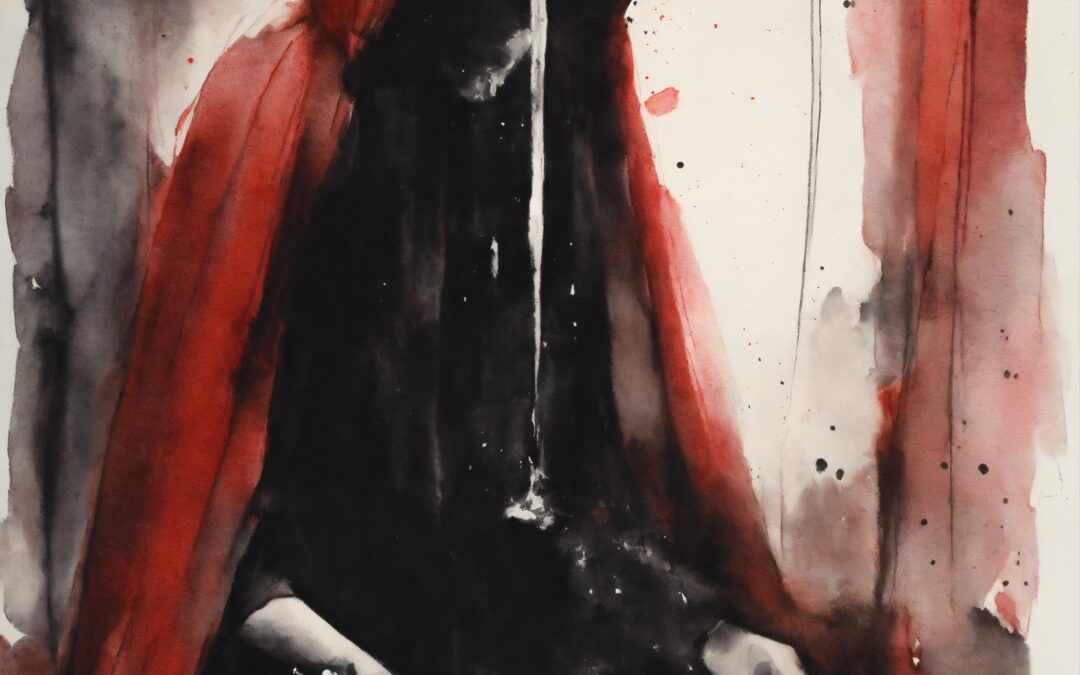Ah, the life of a writer. We live for those moments of creative bliss, where words flow like a never-ending stream of caffeine-fueled brilliance. We dream of our names in lights (or at least in bold on a book cover), of signing autographs for adoring fans, and maybe, just maybe, hitting that elusive bestseller list. But before we can revel in the glory of our literary masterpieces, there’s one monumental hurdle we must face: the editor.
Yes, dear reader, the editor. The guardian of grammar, the sentinel of syntax, the czar of commas. For many authors, the editing process is a journey into the heart of darkness. Here are a few reasons why this phase of the publishing process fills us with dread and why editors seem more intimidating than a flock of angry geese.
1. The Red Pen of Doom
Editors wield their red pens with the precision of a seasoned surgeon and the glee of a toddler in a paint store. It’s not just about fixing typos; it’s about dissecting your soul one misplaced modifier at a time. That red ink bleeds across the pages, each mark a tiny stab to the heart. Suddenly, your magnum opus looks like it’s been through a war zone, and you’re left wondering if you even speak English.
2. The Dreaded Query Letter
Before you even get to the editing phase, there’s the small matter of the query letter. Writing a query letter is like trying to distill the essence of your entire novel into a haiku. You pore over every word, trying to strike the perfect balance between confidence and humility, only to receive a polite rejection that makes you question your entire existence. If Dante were alive today, he’d write a tenth circle of hell exclusively for querying authors.
3. The Feedback Sandwich
Editors are trained to give feedback in the most constructive way possible, often employing the “feedback sandwich” method. It starts with praise, followed by a thick layer of constructive criticism, and ends with more praise. As an author, you know that middle layer is where the real meat is, and it’s usually as tough as old boots. “I love your characters! Now, let’s talk about your plot, pacing, dialogue, and overall premise. But hey, great job on those chapter titles!”
4. The Endless Revisions
Just when you think you’ve nailed it, your editor comes back with more revisions. And more. And more. It feels like you’re stuck in an endless loop, rewriting the same chapter until you can recite it backwards. By the time you’re done, you’ve memorized not only your own book but also the Chicago Manual of Style. Your friends and family start to worry when you can’t stop talking about the Oxford comma at dinner parties.
5. The Existential Crisis
After enough rounds of edits, every author goes through the inevitable existential crisis. You start to question everything: your talent, your story, your life choices. Why did you think you could write a book? Were you drunk on ambition? Is it too late to become an accountant? Editors have the uncanny ability to bring out your inner philosopher as you ponder the meaning of it all, usually at 3 AM while clutching a mug of cold coffee.
6. The Final Approval
When the final manuscript is at last approved, there’s a sense of relief mixed with lingering paranoia. You start to have nightmares about rogue typos, plot holes, and that one character who inexplicably changed names halfway through the book. You may even consider faking your own death to avoid reading reviews. But hey, at least the editing is done, right?
Embracing the Red Ink
Despite all the fear and frustration, deep down we know that editors are our allies. They take our raw, unpolished gems and help us shine. They see the potential in our messy drafts and guide us towards greatness. Without them, our books would be riddled with plot holes, character inconsistencies, and grammatical atrocities. So, here’s to the editors, the unsung heroes of the publishing world. May your red pens never run dry, and may your authors always remember to use spellcheck.
And to my fellow writers, take heart. The editing process may be tough, but it’s all part of the journey. After all, diamonds are made under pressure, and bestsellers are forged in the fires of revision. So, embrace the red ink, learn from the feedback, and never stop writing. Just maybe keep a bottle of wine handy for those existential crises. Cheers!

